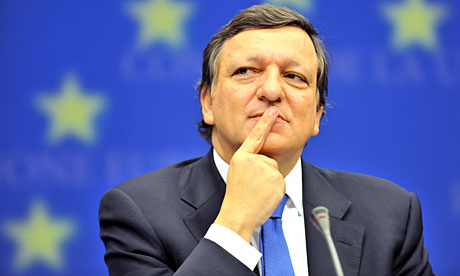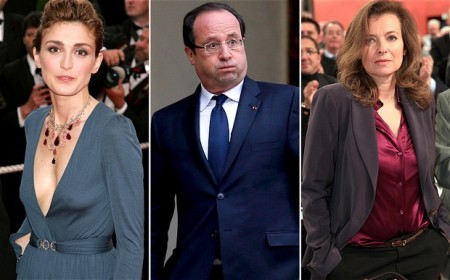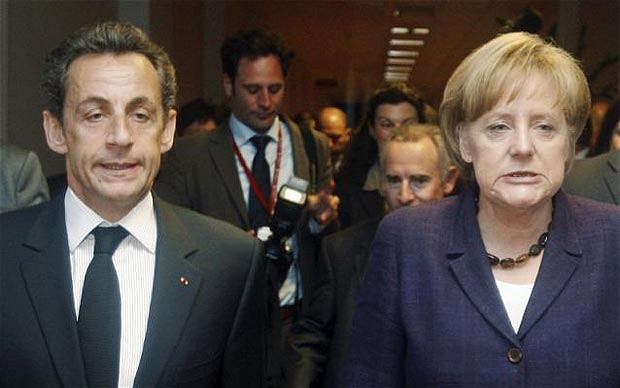• European commission proposal would end Britain’s rebate
• Brussels wants to borrow large sums for infrastructure projects

European commission president, José Manuel Barroso, also wants to reform the EU’s ‘Byzantine set of corrections and trade-offs’. Photograph: Georges Gobet/AFP/Getty Images
The EU executive made its case today for a new system of European taxation to streamline and underpin Brussels’ budget, replacing the contentious regime of national contributions as the basis for EU funding.
In the opening salvo of what promises to be a bruising, two-year battle to set EU spending up to 2020, the European commission argued for a phased end to, or reduction of, national contributions and the introduction of new budgets based on “own resources”, tax revenue directly levied by Brussels.
The new system could involve a dedicated European VAT rate, with the money raised going to Brussels, as well as EU taxes on air travel, carbon emissions, banks or financial market transactions.
“The current system of EU financing has evolved piecemeal into a confusing and opaque mix of contributions from national budgets, corrections and rebates,” the commission said. “A fresh look is essential, to re-align EU financing with principles of autonomy, transparency and fairness.”
The commission, presenting its budget reform plan to the European parliament in Strasbourg, also said that Brussels should be empowered to borrow large sums on the markets, using the EU budget as collateral by issuing bonds to underwrite major infrastructure projects. It also wanted the current seven-year budget planning periods extended to 10 years.
“The commission does not believe that the current mix of member state contributions and own resources is the right one,” said José Manuel Barroso, the commission president. “This is not a question of an EU tax but of finding new sources of financing to gradually replace member states’ contributions.” He added: “We also need to look at the byzantine set of corrections and trade-offs,” indicating an end to the £2.6bn annual rebate to the UK.
Read moreEU Wants To Tax Europeans To Replace National Contributions







